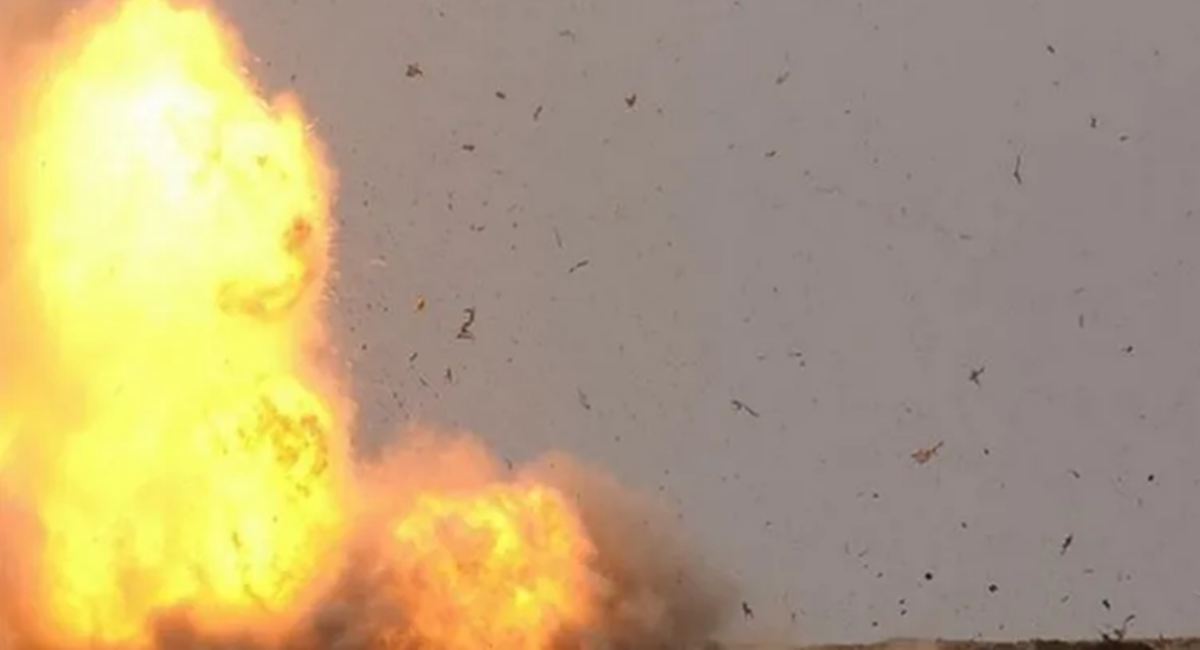Despite some doctors claiming that weather has no or little role to play in the new coronavirus (COVID-19) spread in India especially in the northern parts of the country, top health experts on Friday emphasised that the present weather in Delhi and NCR is conducive for the spread of the deadly virus.
Delhi is not going to see any substantial increase in the temperature any time soon, according to the Indian Meteorological Department (IMD), and low temperature generally facilitates the spread of coronavirus as we have seen in other colder countries – resulting in over 3,000 people being killed and close to 1 lakh people being infected.
“The environment plays an important role in determining the survivability and spreadability of the virus. Coronavirus tend to grow more in low temperature and humidity,” Dr Rajesh Chawla, Senior Consultant, Respiratory and Critical Care, Indraprastha Apollo Hospital in New Delhi, told IANS.
Two things that are not favourable for this virus are sunlight and temperature above 26-27 degree Celsius.
“Sunlight will cut the virus’ ability to grow in half so the half-life will be 2.5 minutes. The temperature in south India ranges from 25-32 degree Celsius which is not favourable for the multiplication of virus. Also, the region tends to be humid as mostly it’s a coastal area,” Chawla explained.
Thus, the threat in southern India is lesser than the north India or northeastern parts of the country, he stressed.
The three people who got infected by the virus in Kerala were treated and discharged from the hospital after they recovered.
“If the spread has to be analysed based on weather, there will be no significant rise in the temperature before March 13 or 14. Cold weather during evening and morning time will continue till March 24 or 25,” Kuldeep Srivastava, Head of the Regional Meteorological Centre at the IMD, told IANS.
One more person on Friday was tested positive for novel coronavirus or COVID-19 in the Capital, taking the total number of cases in the country to 31.
Over 28,000 people are under coronavirus observation in the country, according to Union Health Minister Harsh Vardhan.
According to Dr Balram Bhargava, Secretary and Director General of the Indian Council of Medical Research (ICMR), the arrival of summer will help control the COVID-19 spread.
“The virus does not survive for long when the temperature is 30 degree Celsius and humidity is less than 80 per cent. However, COVID-19 is yet to be studied in detail but I hope the virus would be better controlled as summer begins,” said Bhargava.
According to the experts, the chances of infection are low as compared to the moist and cold regions of the nation.
“When the weather is dry and hot, the spread of the virus will be under control. Good ventilation is imperative to reduce the chances of the spread of the virus. As the normal temperature in southern India is comparatively high, the chances of infection are low in that part pf the country,” noted Dr Meenakshi Jain, Associate Director, Internal Medicine, Max Super Specialty Hospital, Noida.
Dr Gaurav Gupta of Medicine Department at All India Institute of Medical Sciences (AIIMS) added: “Winter and rainy season may increase the virus circulation in the environment. Exposure to cold weather can increase a person’s risk of contracting a virus”.
According to the experts, the mortality rate in COVID-19 is 2 to 3 per cent. The World Health Organisation says that COVID-19 spreads less efficiently than the influenza or flu virus but the illness caused by COVID-19 is more severe than that of the flu.
Masks, on the other hand, generally do not have much role in reducing transmission of infections for the healthy.
People who are having infections or any flu should instead wear a mask to reduce the chances of infecting others.
“No matter whether it is summer or winter, limiting the spread of coronavirus to the maximum extent possible should be the priority of everyone,” added Chawla.
“Cover cough with a disposable tissue or use mask and discard them immediately. Don’t wear the mask for more than a day. Viruses can last for 48 hours on objects and the only effective way to get rid of those is to wash and clean surfaces with soap,” said New Delhi-based Dr Renu Garg.-IANS/SFOORTI MISHRA AND BHARAT UPADHYAY




